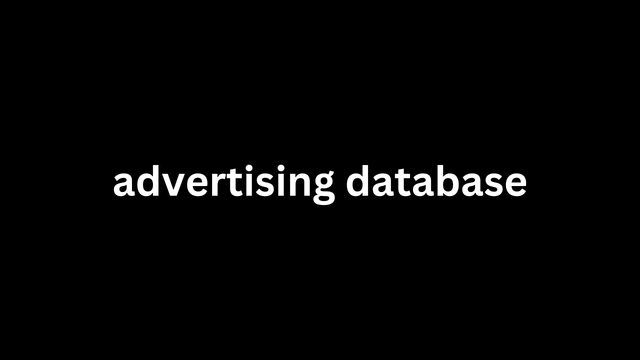Moreover, implementing structured data (or schema markup) allows advertising database search engines to better understand the content of your site and display it in a more informative way in search results, such as rich snippets. Ensuring that your website loads quickly is another crucial factor for both user experience and SEO performance. Search engines like Google prioritize fast-loading websites, and slow page speeds can increase bounce rates and negatively impact rankings. On-Page SEO On-page SEO refers to the optimization of individual web pages to make them more attractive to search engines and users.

This includes keyword research and implementation, meta tags (titles and descriptions),structure, header tags, and image optimization. When scaling a digital business, it’s important to conduct thorough keyword research to identify terms and phrases that your target audience is searching for. By using these keywords strategically within your content, titles, headings, and image alt text, you can help search engines understand the relevance of your pages to users’ queries. Meta titles and descriptions are often the first interaction a potential customer has with your website in search engine results.
